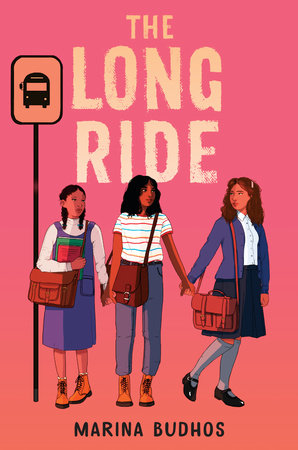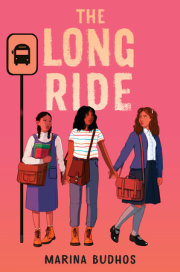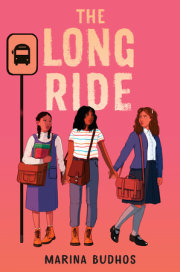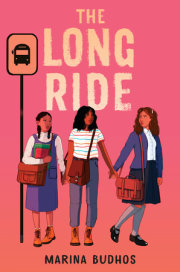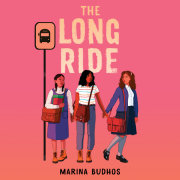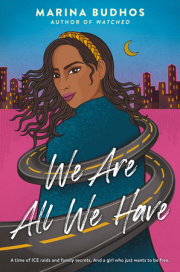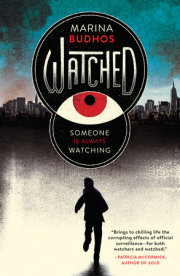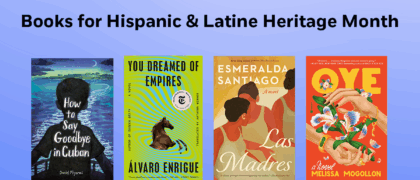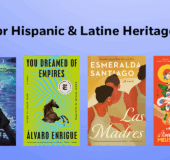Books for Hispanic and Latine Heritage Month
This Hispanic & Latine Heritage Month (and beyond!), we’re celebrating authors, creators, and illustrators from the Hispanic and Latine community. Join us in uplifting their voices and stories by bringing them into your classroom. Find collections for High School and Middle School.

